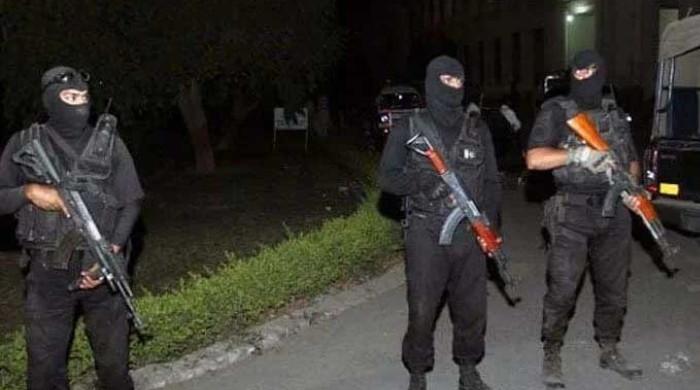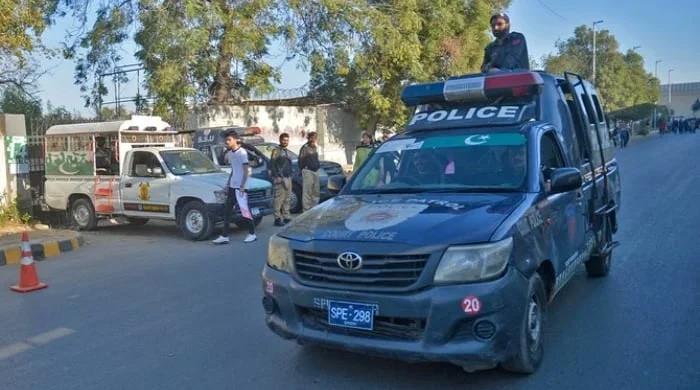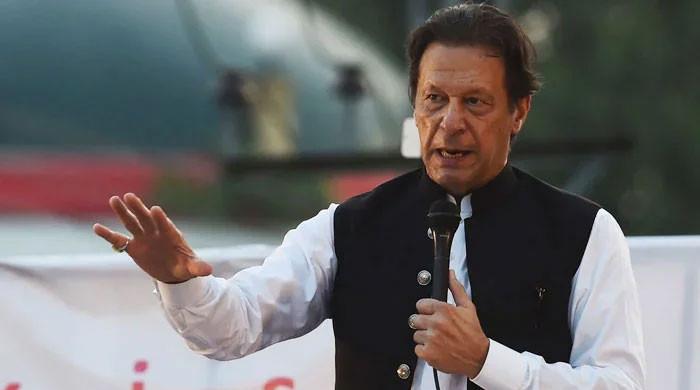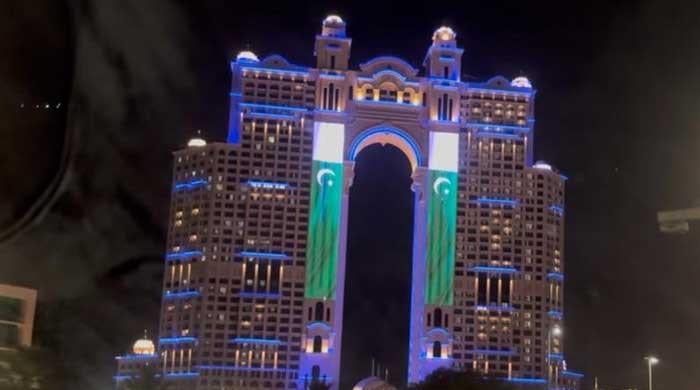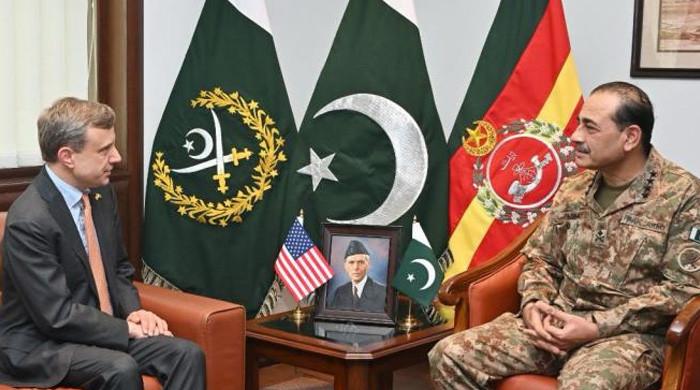Elections 1988: From Zia's demise to Benazir's rise
This video report, covering the 1988 elections, is part of a series about the history of Pakistan elections since 1970
January 29, 2024
Pakistan's fourth general elections were held in November 1988, following the demise of ruthless dictator General Zia-ul-Haq.
These elections marked a political watershed in the history of the world as well as Pakistan as they saw Mohtarma Benazir Bhutto rise to power, becoming the first-ever woman prime minister of a Muslim-majority country.
President Gen Zia-ul-Haq’s plane crashed near Bahawalpur on August 17, 1988, in which Zia, US Ambassador Arnold Raphel, and Brigadier General Herbert M Wassom, the chief of the US military mission in Pakistan were killed. However, General Zia had announced general elections before his demise.
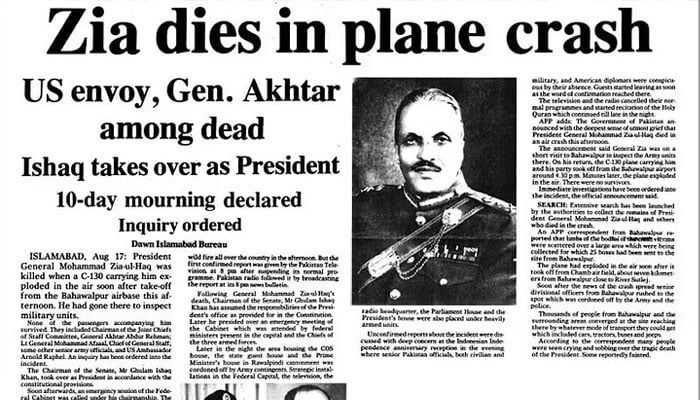
These elections were scheduled to be held on July 20, 1988, but were later held on November 16, 1988. Gen Zia held non-party-based elections in 1985, which were boycotted by the Pakistan Peoples Party (PPP) led Movement for Restoration of Democracy (MRD). It was in the 1985 polls that Nawaz Sharif rose to power and became Punjab’s chief minister for the first time.
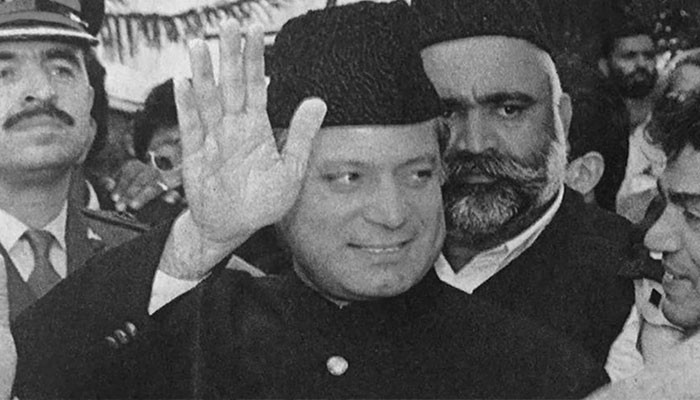
The competition in the 1988 election was between the PPP and Islami Jamhori Ittehad (IJI). The PPP was led by Benazir Bhutto, who had returned to Pakistan after ending her exile on April 10, 1986.
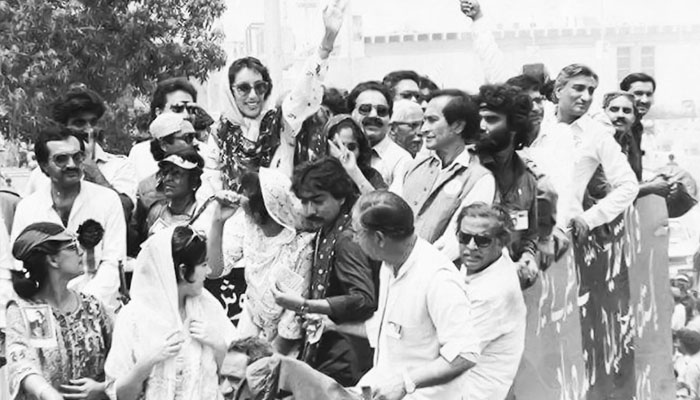
The IJI was a coalition of right-wing parties, which included the Pakistan Muslim League, National Peoples Party, Jamaat-e-Islami, and other parties.
On November 16, 1988, elections were held on 207 of the 237 national assembly seats. The PPP won 94 seats and after the joining of independent candidates, it had the backing of 115 members, enough to form the central government. IJI could secure only 56 seats.
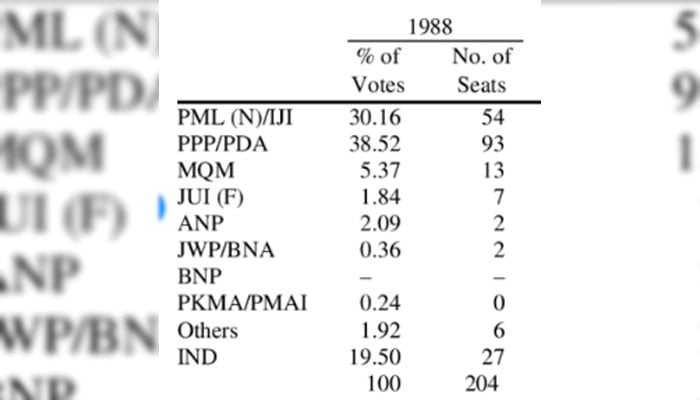
In Sindh, the PPP won the majority, in Punjab and KP IJI succeeded, while JUI (Jamiat Ulema-e-Islam) gained the majority in Balochistan.
Although the 1988 general elections signalled the country’s return to democracy, the turnout fell further to 43.07%. Punjab again recorded the highest turnout at 45%, while Balochistan had the lowest at 26%.
On December 2, 1988, Benazir Bhutto took oath as prime minister of the country. But the PPP’s government could only last 19 months. On August 6, 1990, then-president Ghulam Ishaq Khan dissolved the assemblies under Article 58 2(B) of the constitution.
The writer is a staffer at Geo.tv, he tweets X@ranashaharyar01






